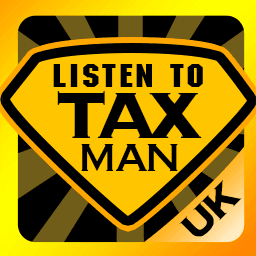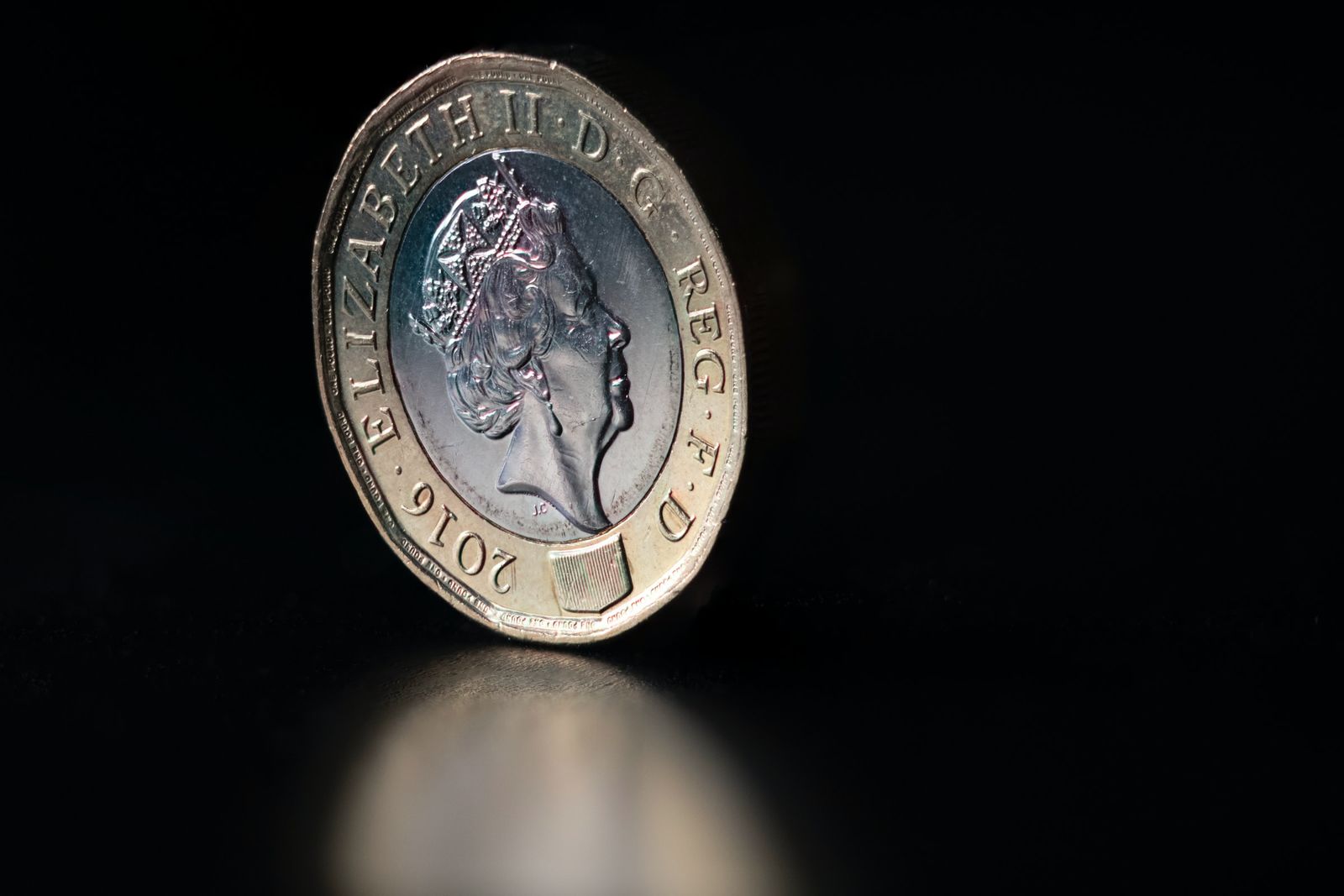Updated for 2021/22 tax year.
Wondering what everyday work expenses you can claim back on your self-assessment form? Here are some expenses that a PAYE paying employee can claim. It is also worth noting that if you were entitled to tax relief on any of these expenses in previous years, but did not claim them, most can be back claimed to your 201/18 tax return. You must keep proof of all expenses, bills and mileage you are claiming for. HMRC may ask you for proof of both the expenses and their business use. For more help with self-assessment see our Guide.
- Mileage. If the mileage allowance that your employer pays you is less than the HMRC rate, you are able to claim the balance. The first 10,000 business miles, according to HMRC, can be claimed at a rate of 45p per mile. Over 10,000 miles the allowable HMRC rate drops to 25p per mile. If you are paid less than these rates by your employer, you can claim the difference on your self assessment return. More detailed information is available from HMRC.
- Working from home. If you are required to work from home by your employer or have a home working agreement in place with them, you are entitled to claim a home working allowance. This is to help with increased household costs because of business use, such as electricity, gas, phone. The amount you can claim at present is £6 a week. For more info see our article on the Working from Home Allowance.
- Charitable contributions. If you are a higher rate taxpayer and have made gift aided charitable donations, you can claim tax relief on them. For example, if you donated £200 to charity, the total donation would be £250, so you can claim back £50 if you pay tax at 40%. HMRC have more information on the relief.
- Clothing and Tools.If you work in certain industries, such as the building/ metal working industries, you may have to use uniforms, specialist or protective clothing, gloves, etc. You can claim tax relief on the maintenance/ cleaning/ replacement of these items, but you can't claim for the initial cost of buying the items. That is, of course, as long as your employer does not already compensate you for these costs. To find out more about this relief you will need to contact HMRC.
- Professional fees and subscriptions. You can claim tax relief on professional fees, membership fees, subscriptions, etc. if they are necessary or beneficial for your work. See HMRC for more info. To be entitled to the relief the organisation subscribed to must be on the HMRC approved list.
- Capital Allowances. If you have to buy equipment for work, that your employer does not pay for, you may be able to claim capital allowance tax relief. The example HMRC gives is of a filing cabinet purchased by an employee for work, but not paid for by the employer. You can not claim relief for motor vehicles. These are dealt with on a different part of your tax return. See HMRC for more on capital allowances.
- Seafarers Earnings Deduction. If you’re an employee and work at sea, you may be able to reduce your tax bill by getting the Seafarer’s Earnings Deduction. To get the deduction, you must have worked on a ship, worked outside of the UK long enough to qualify for the deduction (usually a minimum of 365 days), been resident in the UK or resident for tax purposes in a European Economic Area (EEA) State. See GOV.uk Seafarer's Earnings Deduction for more guidance.
- Marriage Allowance. If you are a Basic Rate Taxpayer and your spouse has income below the Personal Allowance ( £12,500 for 2019/20 and 2020/21, £12,570 for 2021/2020), they can transfer 10% of their Personal Allowance to you. See HMRC Marriage Allowance for more information.
- Pension Contributions. If you are a higher rate taxpayer, you may be entitled to Higher Rate Tax Relief on your Pension Contributions. See HMRC Pension Tax Relief
- Rent a Room Relief If you are an employee who also lets out a room in your home, you can earn up to £7500 tax free under the Rent a Room Scheme. This is halved if you share the income with someone else. HMRC - Rent a room scheme
The way you receive tax relief for your work expenses depends on the amount of your claim.
Claims up to £2,500. If your claim is £2,500 or less, HMRC normally gives you relief for your expenses through your tax code straight away. If you claim an estimated figure, they will review it at the end of the year. They will make any adjustments that are needed in your tax code for the next tax year.
Claims over £2,500. If your expenses claim is for more than £2,500, HMRC will give you relief in your tax code for the current year and for the next one - and send you a tax return to fill in. They will also check your tax calculation for the previous year.

 Our Favourite Tax App?
Our Favourite Tax App?
It's Simple
ListenToTaxman has teamed up with GoSimpleTax, online Self Assessment software to bring you, what in our view, is the easiest way of calculating and submitting your tax return we’ve seen so far.
Key in your income and expenses into the software, and it will flag up any unclaimed allowances. Simple. Once you’re comfortable with the information you’ve entered, simply submit via the software to HMRC. You’ll just need your Unique Tax Reference Number (UTR) found on most tax correspondence. GoSimpleTax software is free to try. If you don’t think it’s right for you - don’t pay anything. If you do choose to submit your tax information via the software, then you will pay £54.99 for an individual return – multiple returns and Parnerships are available too!
Personal Tax


